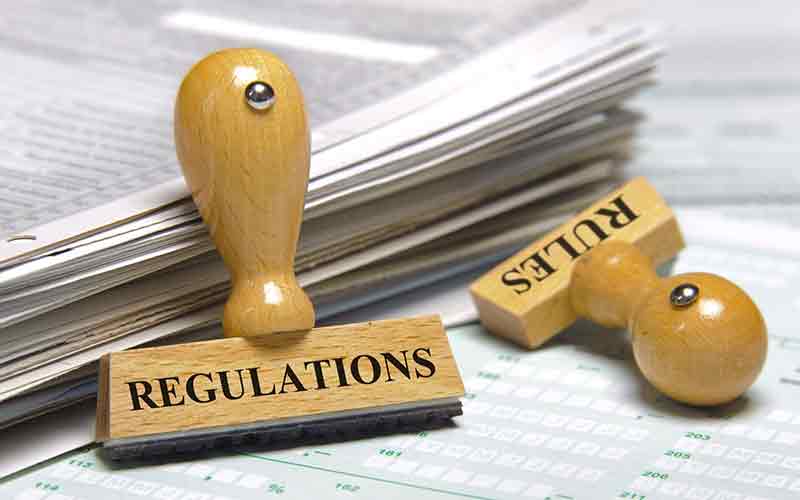Pressure Mounts on UK Ministers to Reform Gambling Regulations Amid Economic Downturn

As the UK grapples with the economic ramifications of its booming online gambling sector, calls for stricter regulations are intensifying. Recent revelations and mounting public pressure are pushing the government to reassess its approach to gambling advertising and industry oversight.
Economic Costs of Online Gambling
A provocative new report from the Campaign for Fairer Gambling and the consultancy National Economic Research Associates (Nera) sheds light on the significant economic costs associated with the online gambling boom. According to the study, the sector’s rapid expansion—from £4.2 billion in 2015-16 to £6.5 billion in 2022-23—has come at a steep price for the broader UK economy.
The report highlights that online gambling, characterized by its high margins and low operational costs, has led to a £1.3 billion reduction in economic activity and a £2.6 billion decrease in wages annually. This shift has diverted spending away from more labor-intensive sectors that contribute greater economic value and employment opportunities.
Pressure for Regulatory Reform
The economic impact findings coincide with escalating demands for tighter regulations on gambling advertising. At a recent Westminster summit, Iain Duncan Smith, former Conservative leader and co-chair of a cross-party parliamentary group on gambling harms, called for more stringent controls. Specifically, Duncan Smith urged Culture Secretary Lisa Nandy to impose a ban on promotional incentives like “free” bets and to tighten restrictions on gambling ads in sports.
Despite Premier League clubs’ commitment to removing betting sponsors from shirt fronts by the end of the next season, concerns remain about the effectiveness of such measures. Mark Palios, former chief executive of the Football Association, criticized the partial approach, highlighting the pervasive influence of gambling sponsorship across all levels of football.
Industry Response and Public Opinion
The Betting and Gaming Council (BGC) has defended the industry’s current advertising practices, citing the “whistle to whistle” ban on gambling ads during live sports broadcasts. However, critics argue that these measures fall short, as betting logos continue to appear through other promotional channels.
Public sentiment appears to favor stricter controls, with recent surveys indicating substantial support for a pre-9 pm watershed ban on gambling ads. GambleAware, the UK’s leading gambling charity, supports this initiative to mitigate exposure to vulnerable populations.
Lord Foster, chair of Peers for Gambling Reform, criticized the previous government’s inaction on gambling advertising in its regulatory reform white paper. He argued that tightening restrictions could be implemented without the need for primary legislation, suggesting a relatively straightforward path to reform.
Looking Ahead
As the UK government prepares to release its autumn budget, the Social Market Foundation is set to unveil a report on gambling tax reform. Dr. Aveek Bhattacharya, Research Director at the foundation, advocates for increased remote gambling duties to better reflect the social and economic costs associated with problem gambling.
The intersection of economic impact and regulatory reform presents a critical juncture for UK gambling policy. With growing calls for change and a spotlight on the sector’s broader economic effects, the government faces a pivotal opportunity to align industry growth with responsible practices and economic sustainability.


